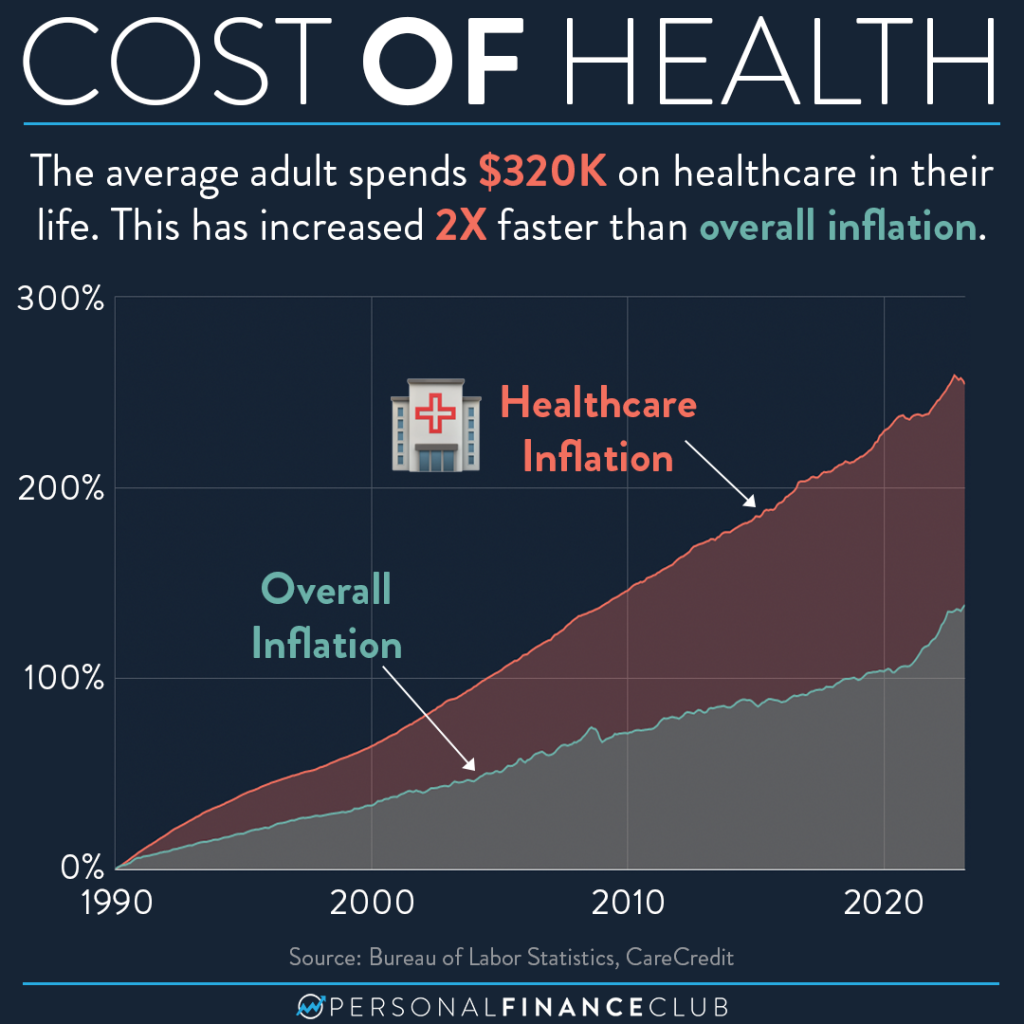Why Healthcare RCM is Important for Financial Health in Medical Practices
Why Healthcare RCM is Important for Financial Health in Medical Practices
Blog Article
A Comprehensive Guide on Just How Health Care RCM Works to Enhance Payment and Collections
Navigating the complexities of health care earnings cycle monitoring (RCM) is crucial for service providers aiming to improve their billing and collections processes. The overview unpacks the details of RCM, from individual enrollment to accounts receivable management, supplying understandings right into enhancing each step.
Recognizing Earnings Cycle Administration
RCM is a vital administrative function that includes the entire monetary process of patient treatment, from the initial appointment establishing to the final payment of the equilibrium. It is a complex procedure developed to recognize, gather, and manage the revenue from the services supplied to clients.
The RCM procedure begins when an individual schedules an appointment and prolongs through the person's treatment journey, consisting of payment and collections. A vital objective is to minimize the time between supplying a service and receiving payment, thus improving the organization's economic health. RCM includes various functions such as individual enrollment, insurance confirmation, charge capture, coding, asserts entry, settlement uploading, and dealing with rejections and allures.
Secret Parts of RCM
In the world of Income Cycle Monitoring (RCM), understanding its crucial components is basic to achieving financial performance within healthcare companies. RCM is an extensive process that encompasses various phases, each essential to ensuring reliable invoicing and collections. The main elements consist of patient registration, insurance policy confirmation, cost capture, coding, case submission, repayment publishing, and accounts receivable management.


As soon as coded, claims are sent to payers, where precision is critical to avoid denials or hold-ups - Healthcare RCM. Repayment uploading includes videotaping the received repayments, which allows for the settlement of accounts. Finally, accounts receivable administration focuses on monitoring and attending to unpaid cases, making sure timely follow-up and resolution
Each element of RCM is adjoined, and inefficiencies in any component can interfere with the whole cycle. As a result, mastering these aspects is vital for doctor to optimize profits and improve their financial health.
Techniques for Efficient Billing

Systematizing invoicing procedures across the organization is one more vital method. Establishing clear standards for documentation, coding, and entry assists preserve consistency and conformity with regulative requirements. Educating personnel on a regular basis on these procedures makes sure every person is up-to-date with the most current changes in billing codes and payer policies.
Precise cost capture is crucial in preventing revenue leak. Executing regular audits and surveillance systems enables for the identification and improvement of disparities prior to they impact revenue. Furthermore, maintaining open lines of communication with payers aids to rapidly fix any kind of disagreements or misunderstandings that might develop.

Finally, appealing clients early in the billing procedure by providing clear price quotes and academic products regarding their economic responsibilities can significantly lower confusion and enhance repayment timeliness. These techniques collectively add to a more effective and economically healthy and balanced billing system.
Enhancing Collections Procedures
A robust collections procedure is essential for maintaining monetary stability within health care organizations. Offered the complexities of medical invoicing and the variety of payer requirements, improving the collections process entails carrying out critical actions that guarantee exact and prompt settlement of solutions rendered. Central to this is using technology to automate and enhance processes, enhancing and reducing hand-operated mistakes effectiveness. Automation tools can aid in tracking claim statuses, sending prompt tips to clients, and managing rejections much more effectively.
Clear and transparent person interactions are critical. Providing detailed explanations of costs and providing flexible repayment strategies can enhance individual complete satisfaction and punctual repayments.
Regular audits of the collections process must be conducted to recognize areas for enhancement and ensure compliance with laws. By analyzing data, health care organizations can determine trends, anticipate potential problems, and adjust strategies appropriately (Healthcare RCM). Ultimately, a well-enhanced collections process not just sustains economic health and wellness but additionally contributes to a much more smooth experience for people and personnel alike
Optimizing Income Streams
Building upon the structure of a strong collections process, health care companies can even more bolster their monetary security by purposefully maximizing profits streams. This includes a multi-faceted method, starting with a detailed analysis of existing income pop over to this web-site sources to determine inefficiencies and locations for development. Utilizing sophisticated data analytics devices enables organizations to gain understandings right into payer mix, person demographics, and service over here application patterns, enabling data-driven choices that improve income capture.
Applying automated payment systems can significantly decrease errors and accelerate cases processing, ensuring that earnings is collected much more efficiently. Additionally, maximizing payer contracts via routine negotiations can boost compensation rates and terms, straight affecting the lower line. Diversifying service offerings, such as integrating telehealth or wellness programs, can additionally bring in a more comprehensive patient base, therefore raising profits potential.
One more important component is improving patient interaction and fulfillment, as satisfied people are more likely to follow treatment strategies and make timely repayments. Using versatile settlement options and transparent payment practices can improve collections and foster patient loyalty. Healthcare RCM. By adopting these strategies, medical care companies can produce a much more resilient monetary framework, making certain sustained development and stability in an ever-changing market landscape
Final Thought
In final thought, healthcare Earnings Cycle Administration (RCM) plays a critical duty in maximizing invoicing and collections processes by integrating key elements such as patient registration, insurance policy verification, cost capture, coding, asserts submission, and balance due management. By utilizing innovative innovation, systematizing treatments, and cultivating client interaction, healthcare suppliers can substantially minimize insurance claim rejections, speed up settlement cycles, and improve money flow. This extensive strategy to RCM ultimately results in enhanced monetary performance and sustainability for health care companies.
The RCM procedure starts when a client routines an appointment and expands via the client's treatment journey, including invoicing and collections.One more critical component is improving person involvement and satisfaction, as completely satisfied patients are extra likely to adhere to therapy strategies and make timely repayments. Providing adaptable payment choices and clear payment practices can boost collections and foster patient commitment.In final thought, medical care Earnings Cycle Monitoring (RCM) plays a critical role in maximizing payment and collections processes by integrating crucial components such as individual enrollment, insurance policy confirmation, fee straight from the source capture, coding, claims submission, and accounts receivable management. By employing innovative technology, standardizing treatments, and cultivating person interaction, healthcare companies can considerably decrease case denials, increase payment cycles, and enhance cash flow.
Report this page